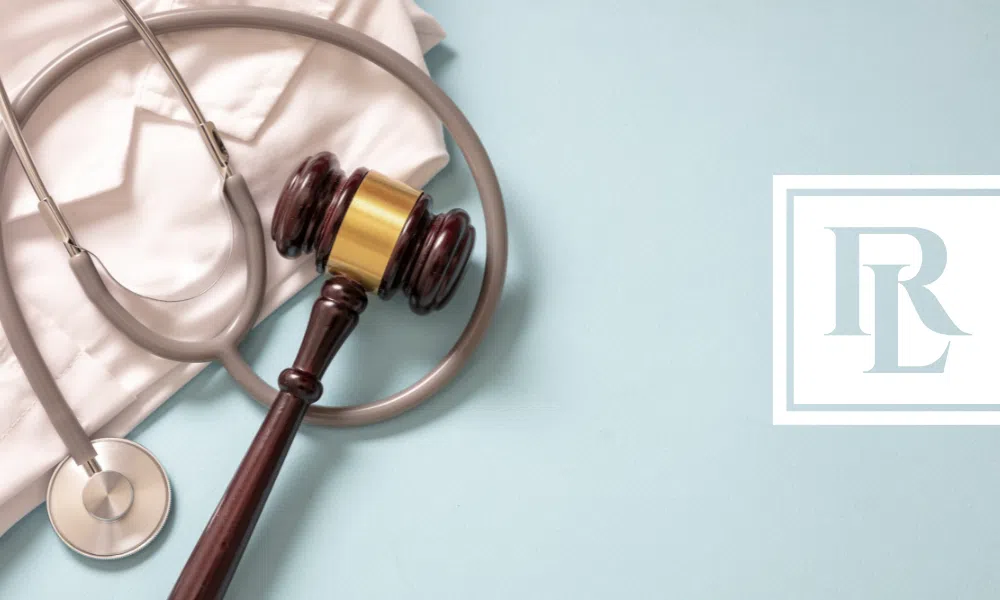Preeclampsia
Find out what your case is worth.
Home » New England Medical Malpractice Lawyer » Preeclampsia
Legally Reviewed by:
Last Updated:
February 3, 2026
Symptoms Of Preeclampsia
Preeclampsia occurs when the mother’s blood pressure becomes dangerously high during pregnancy. Although it is normal for blood pressure to increase during pregnancy, if it becomes too high, there is a chance that blood flow to the baby will be cut off. It is the doctor’s responsibility to properly monitor both mother and child, as well as take appropriate action to ensure their safety.
Symptoms found in the mother that could indicate preeclampsia include:
- Weight gain
- Severe headaches
- Nausea/vomiting
- Abdominal pain
- Shortness of breath
- Visual disturbances
- Blurred vision
- Decreased urine output
Risks Associate With Preeclampsia
Preeclampsia can escalate very quickly. Left untreated, it can cause devastating side effects and sometimes even become fatal for the mother and/or child. Preeclampsia occurs in 5% of all pregnancies and is currently the second leading cause of maternal deaths in the United States.
Risks associated with preeclampsia include:
- High blood pressure
- Diabetes
- Heart disease
- Seizures
- Birth injuries
- Eclampsia
Eclampsia
Preeclampsia, if left untreated, can lead to eclampsia, a condition characterized by seizures that occur during pregnancy or post-partum. According to Medical News Today, eclampsia is a rare condition, affecting only 1 in every 2,000 to 3,000 pregnancies, but it is responsible for 14% of maternal deaths. The seizures from this condition can leave harmful damage to the mother and/or child.
Eclampsia may result in:
- Seizures
- Stroke
- Brain damage
- Coma
- Death
Although eclampsia can sometimes be predicted if the mother experiences preeclampsia, other times it can be difficult to spot symptoms.
Some possible symptoms include:
- Headaches
- Excessive weight gain
- Nausea, vomiting, or stomach pain
- Swelling of the hands, feet, and face
Was Is Medical Negligence?
It is the responsibility of the doctor to properly monitor both mother and child to ensure their safety should preeclampsia occur.
Medical malpractice may have been a factor in the following cases:
- Failure to monitor mother and child properly
- Failure to suggest early delivery (at 37 weeks or over)
- Failure to order proper testing
- Improper medication or dosage
Get Your Free Consultation Now
"*" indicates required fields
Notable Case Results
$300,000
Client was driving on Douglas Avenue in North Providence. Defendant failed to stop and t bone our client. Our client was rushed to Fatima Hospital. Suffering from shoulder pain which needed surgery. The defendants insurance company tried to say the injuries were pre-existing but our firm was able to get medical opinions that proved the […]
$125,000
Client was getting off of 95 near Roger Williams Zoo when the defendant tried switching lanes hitting the rear and side of our clients car. Client had several pre exisiting health issues and the insurance companied denied her injuries. Our attorney was able to relate the injuries were caused by the accident by getting older […]
Effective Advocacy for Military and Personal Injury Claims
When I searched online for an attorney to handle my claim with the military, I was lucky to find Rob Levine Law. They have proven to be very knowledgeable in personal injury law and are willing to fight for you, which they did very effectively. I am so glad they picked up the phone when […]
James H.
Highly Recommend for Personalized Legal Care
Best firm for legal services! Customer service is off the charts, and they stay in touch with you throughout the whole process. Big shout-out to Rob Levine and his law firm family. Thanks for everything you’ve done for me and my family.
Cidalia D.
Supportive and Dedicated Legal Assistance
I have been a client of Rob Levine’s for two cases. In both cases, Rob’s talented, hardworking team helped me win 🏆. I’m so happy and proud of all the people who helped me. I got really hurt, and they were there to listen and support me.Thank you so much, y’all. Thank you, Rob, you […]
Moe A.
Additional Resources
Related Pages
Medical Malpractice and Patient Safety Everyday patients safety should be the priority for healthcare professionals, but unfortunately, that is not...
A licensed medical professional’s actions that fall below the standard of care include failure to diagnose/misdiagnosis, failure to order proper...
In Rhode Island, informed consent refers to the conversation a medical professional has with their patient when they explain the...




